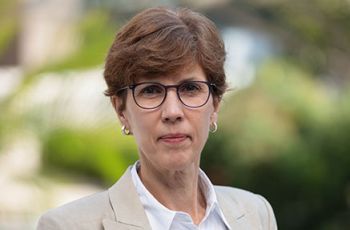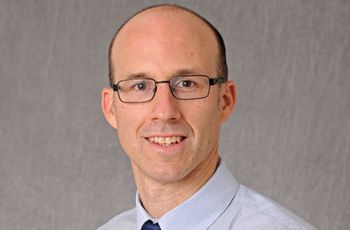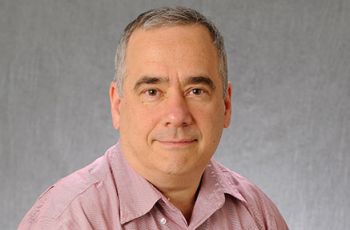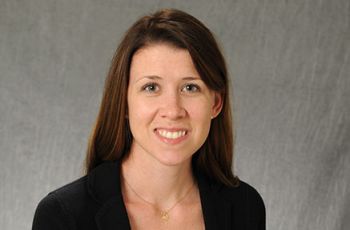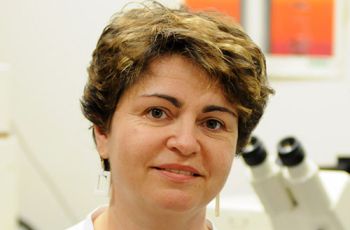Pharmacology & Physiology
Linda Kusner, Ph.D., assistant research professor in the Department of Pharmacology and Physiology, and Henry Kaminski, M.D., chair of the Department of Neurology, were published in PLOS ONE for their research on autoimmune disorders sharing pathogenic mechanisms with cancer.
Paul Marvar, Ph.D., assistant professor of pharmacology & physiology, was recently published in Biological Psychiatry for his research on the underlying mechanisms of posttraumatic stress disorder (PTSD).
Paul Marvar, Ph.D., assistant professor of pharmacology & physiology, was featured in News-Medical for his research published in Biological Psychiatry on the underlying mechanisms of posttraumatic stress disorder (PTSD) and on potential novel therapies.
Paul Marvar, Ph.D., assistant professor of pharmacology and physiology, was awarded a $721,435 grant from the National Heart, Lung, and Blood Institute to study stress-induced hypertension and its effects on the neuroimmune system.
David Mendelowitz, Ph.D., vice chair and professor of pharmacology and physiology, was published in The Journal of Physiology for his research article, "Chronic Intermittent Hypoxia-hypercapnia Blunts Heart Rate Responses and Alters Neurotransmission to Cardiac Vagal Neurons."
David Mendelowitz, Ph.D., vice chair and professor of pharmacology and physiology, recently published in the Journal of Neuroscience on how heart rate increases in response to alertness in the brain.
Nikki Posnack, Ph.D., a post-doctoral pharmacology and physiology researcher, received a $209,926 grant from the National Institute of Environmental Health Sciences to study plastics and their potential human health risks, particularly in the cardiovascular system.
Narine Sarvazyan, Ph.D., professor of pharmacology and physiology, was featured by several media outlets for her invention of a new organ to help return blood flow from veins lacking functional valves.
Narine Sarvazyan, Ph.D., professor of pharmacology and physiology, has invented a new organ to help return blood flow from veins lacking functional valves.
Collaborative research out of GW reveals new information on the pathogenesis of feeding and swallowing difficulties often found in children with neurodevelopmental disorders, including autism and intellectual disability.
